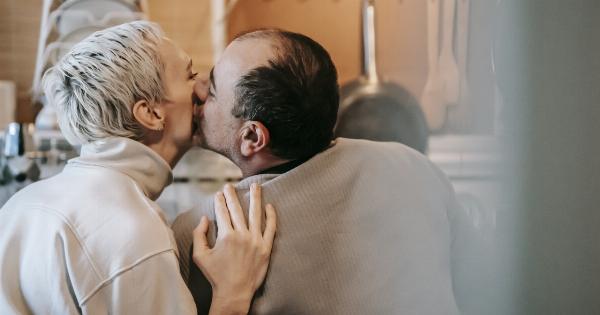At first glance, sleeping when you’re feeling drowsy seems like a no-brainer.
After all, what better way to combat fatigue than to catch some z’s? However, there are actually several reasons why sleeping when you’re sleepy can be detrimental to your overall health and wellbeing. Here are a few things to keep in mind the next time you start to feel your eyelids growing heavy.
1. It Can Disrupt Your Circadian Rhythm
Your circadian rhythm is essentially your body’s internal clock. It helps to regulate your sleep and wake cycles, as well as other bodily functions like digestion and hormone production.
When you go to sleep at random times throughout the day (rather than sticking to a consistent schedule), you can disrupt your circadian rhythm and throw off your body’s natural rhythms. This can make it harder to fall asleep at night and wake up feeling rested in the morning.
2. It Can Make You More Tired
Believe it or not, sleeping when you’re already feeling tired can actually make you feel even more tired when you wake up. This might seem counterintuitive, but it has to do with the way that sleep cycles work.
When you sleep, your body goes through several different stages of sleep, ranging from deep, restorative sleep to lighter stages of sleep. If you wake up during a deep sleep cycle, you’ll likely feel groggy and exhausted, even if you’ve slept for several hours. But if you wake up during a lighter stage of sleep, you’ll feel more refreshed and alert.
3. It Can Cause You to Oversleep
If you give into your drowsiness and take a nap, there’s a good chance that you’ll end up sleeping longer than you intended. This can be especially problematic if you’re trying to establish a consistent sleep schedule.
Oversleeping can throw off the timing of your sleep cycles and make it harder to wake up feeling rested.
4. It Might Indicate an Underlying Health Issue
If you find yourself feeling drowsy on a regular basis, it might be a sign of an underlying health issue.
Conditions like sleep apnea, narcolepsy, and restless leg syndrome can all make it difficult to get a good night’s sleep and leave you feeling tired during the day. If you’re consistently struggling with fatigue, it’s worth talking to a healthcare professional to rule out any underlying medical issues.
5. It Can Interfere With Productivity
If you’re someone who frequently struggles with feeling drowsy during the day, you might be tempted to sneak in a nap to help perk you up. However, taking frequent naps can actually make it harder to be productive in the long run.
Every time you take a nap, you’re interrupting your work and breaking your focus. This can make it harder to get back on track and complete tasks efficiently.
Additionally, if you start to rely on napping as a crutch, you might find it much harder to stay alert and focused during the times when you can’t nap (like during meetings or events).
6. It Might Make You More Anxious
If you’re someone who struggles with anxiety, sleeping during the day can actually exacerbate your symptoms. This is because napping can mess with your body’s cortisol levels (a hormone that helps regulate stress).
If you nap too frequently or at the wrong times of day, you might end up feeling more anxious and stressed in the long run.
7. It Can Make it Harder to Fall Asleep at Night
Finally, sleeping when you’re already feeling drowsy can make it much harder to fall asleep at night. This is because your body might not be as tired as it would be if you’d stayed awake all day.
Additionally, if you take a long nap late in the day (or take a nap for too long), you might be less likely to feel sleepy when it’s time to go to bed.
Conclusion
Ultimately, while it might be tempting to give in to your drowsiness and take a nap, it’s not always the best option for your overall health and wellbeing.
If you’re someone who struggles with feeling drowsy during the day, there are other tactics you can try to help perk yourself up. This might include things like going for a walk, drinking a cup of coffee or tea, doing some light stretching, or simply taking a break and stepping away from your work for a few minutes.
By staying mindful of your sleep schedule and making an effort to stay alert and focused during the day, you can train your body to feel more awake and alert when it’s time to be productive.





























